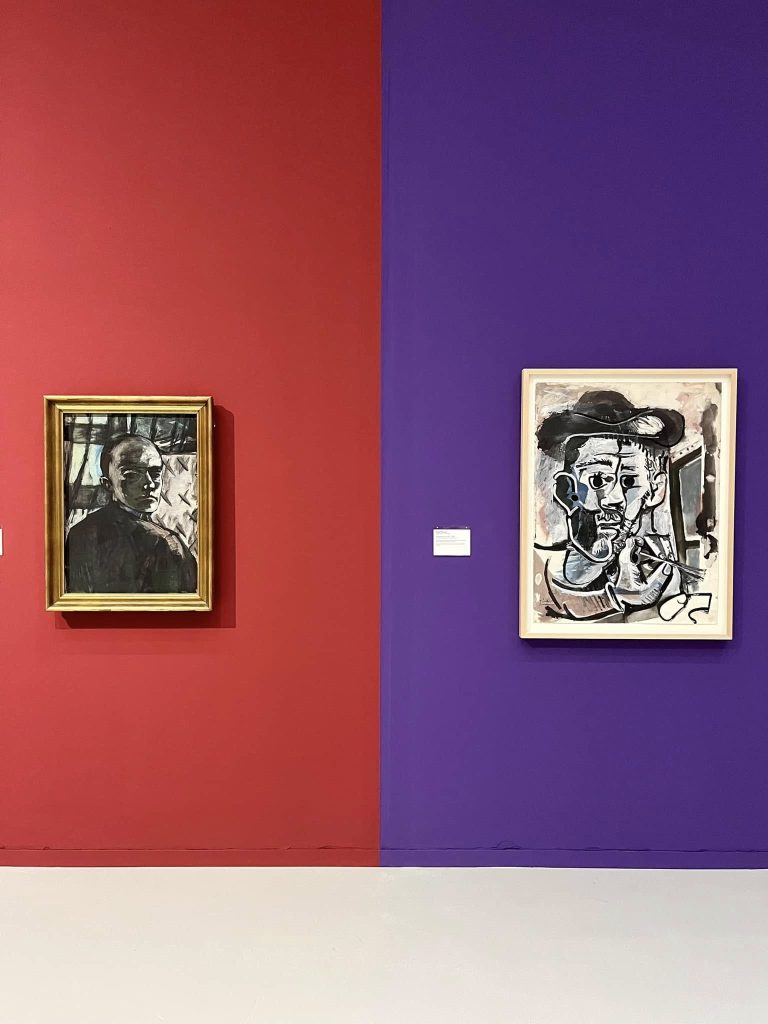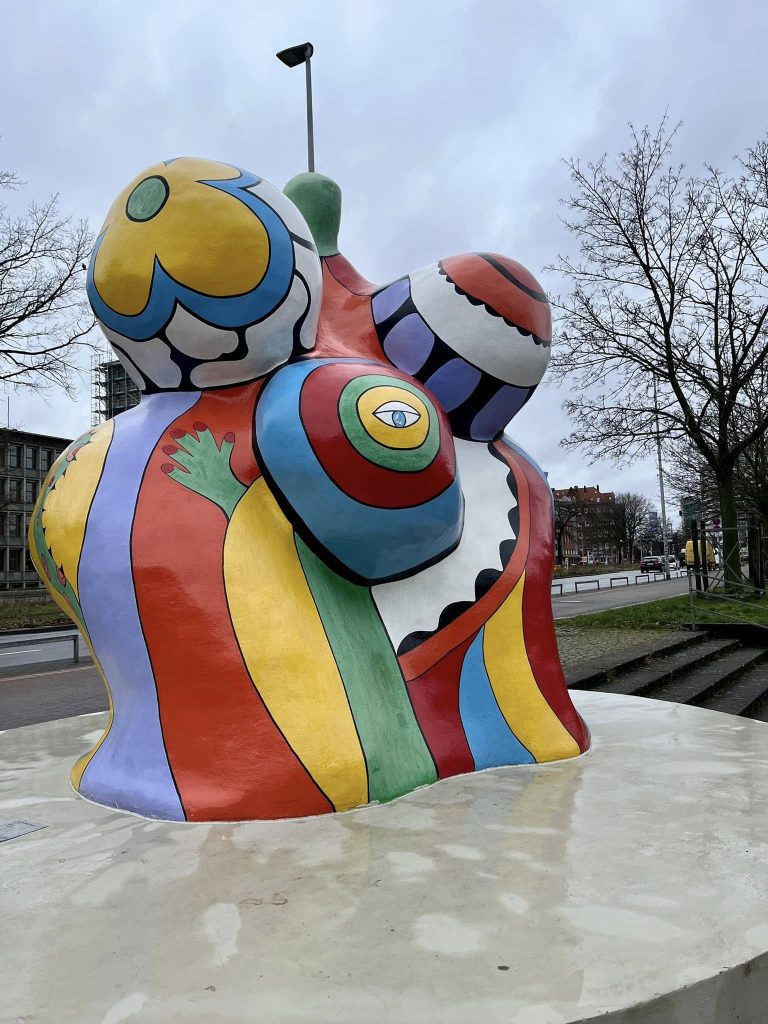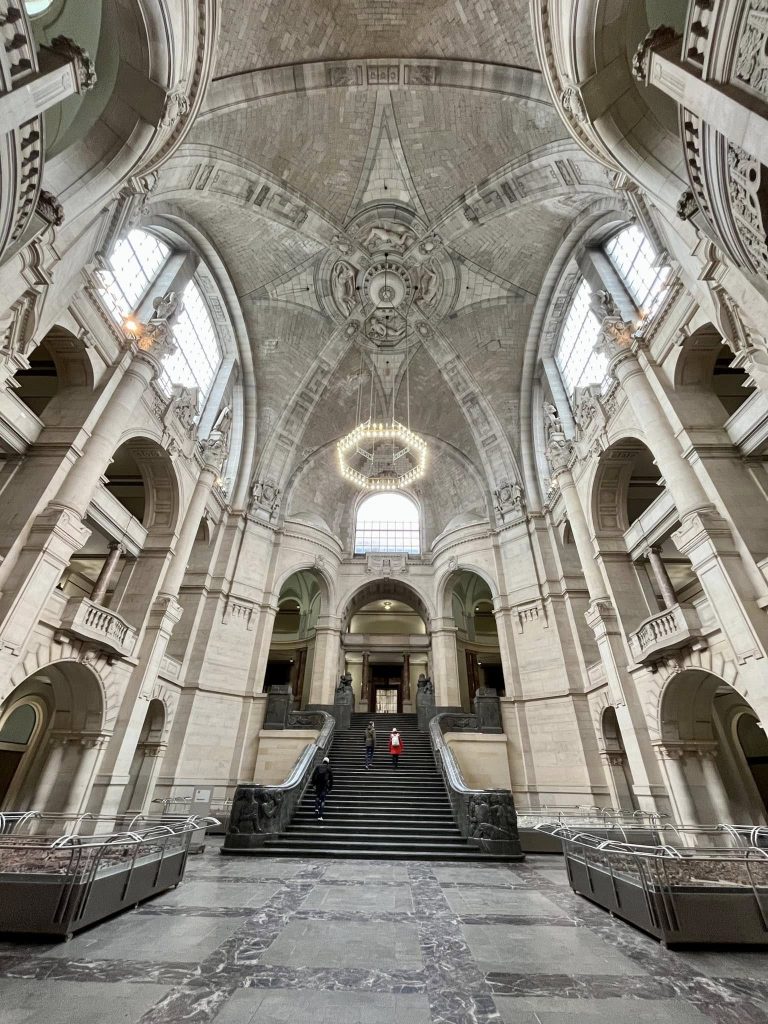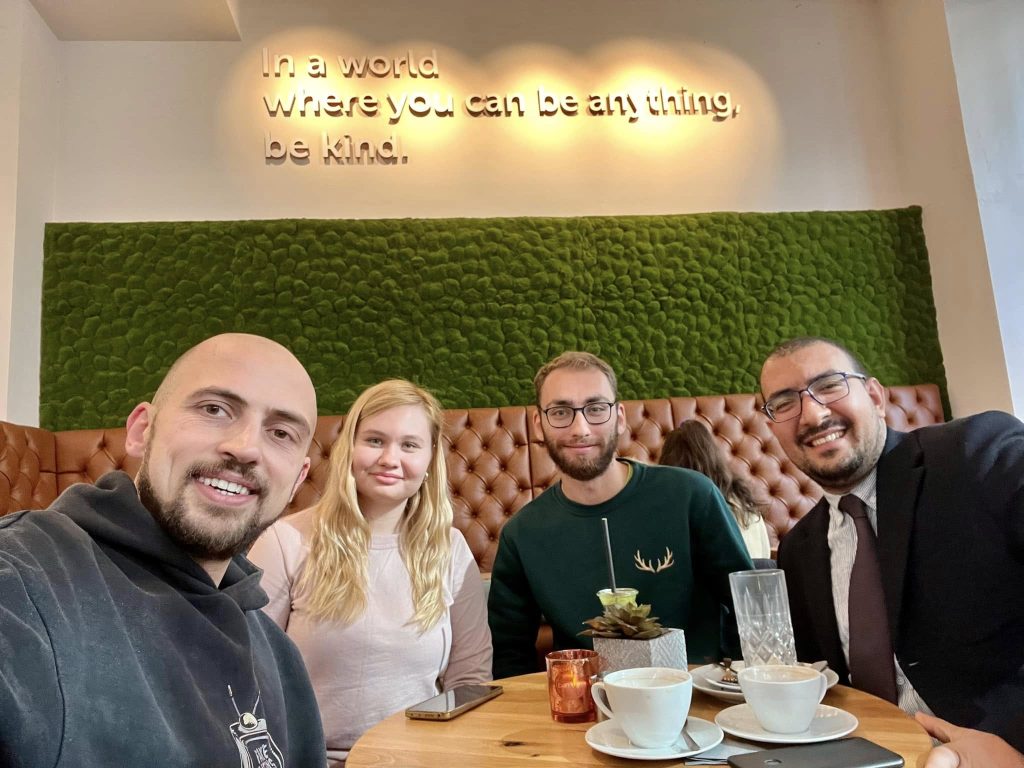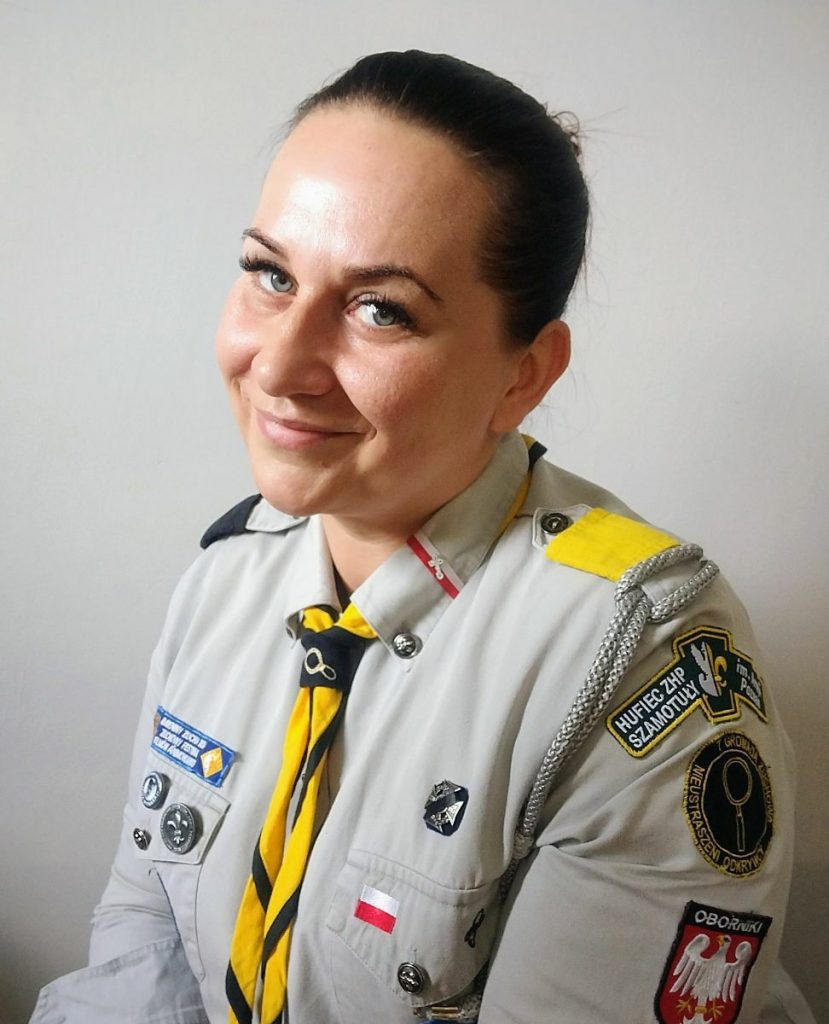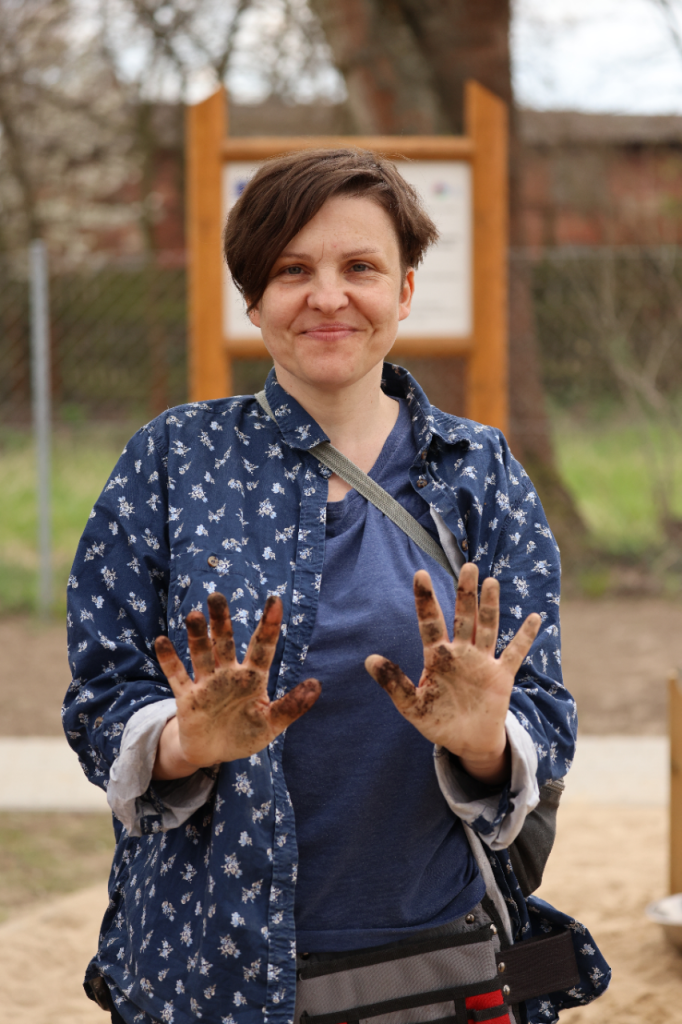Bringing Children Back to Nature (2023-2-DE02-KA210-ADU-000178756)was a project funded by the European Union, through the Erasmus+ program KA210 – Small Scale Partnerships for Adult. The project was implemented by Logos together with World Society Builders gUG (Germany).
The “Bringing Children Back to Nature” project aimed to contribute to building attitudes towards the Environment and Fight against Climate Change by Improving the knowledge and competencies of educators and other education staff.
Project objectives:
1. Creating educational materials (guide, workshops) for educators and education staff focused on environmental issues, climate change, and sustainability.
2. Providing hands-on training opportunities for educators to acquire practical skills related to environmental education, sustainable practices, and climate action.
3. Fostering collaboration and networking among educators to share best practices and innovative teaching methods.
4. Gathering and publishing best practices/ success stories from educators who have successfully integrated environmental education into their teaching/ reduced their use of plastic.
Project activities
The first interview was with Magdalena Chorążyczewska-Ruta, a principal and teacher at a post-secondary school for adults, who also volunteers with the Polish Scouting Association (ZHP). Her approach combines formal education with values-based environmental action. 
The second was with Anna Staszewska, a European Climate Pact Ambassador and university professor from Katowice. She shared her academic and advocacy experience in promoting climate education at the higher education level.
Our third expert was Dorota Matuszczak, a teacher and the founder, owner, and director of the bilingual kindergarten “Dwujęzyczni” in Poznan , who integrates sustainability into early childhood education.
Lastly, we interviewed Magda Gaczaczek, a landscape architect and cultural animator, who uses urban green design and community engagement as tools for environmental awareness.
We are delighted to introduce an insightful resource from the Erasmus+ KA2 project, “Bringing Children Back to Nature.” This guide offers practical strategies for engaging young people in climate action and sustainability through interactive, nature-based learning and community-driven initiatives.
This resource is designed to equip educators and youth workers with practical tools to inspire and empower youth to take action on climate issues. Through interactive lessons, field trips, digital tools, and creative activities, this guide provides a comprehensive framework for integrating climate education into youth work.
Why is this guide valuable for you?
-
Educational Resource: A versatile tool for educators, youth workers, and trainers passionate about integrating sustainability into their programs.
-
Actionable Tips: Concrete, hands-on activities and strategies that can be immediately applied in educational settings.
-
Holistic Approach: This approach combines environmental education with social responsibility, aiming to foster a generation of change-makers motivated to act on climate change.
We invite you to:
-
Download the Guide: Access the complete resource in the EPALE Resources section below.
-
Incorporate it into your Programs: Use these materials in educational activities, workshops, and community projects.
-
Share your Experience: We would love to hear how you use these materials. Share your feedback and ideas in the comments section below!
Let’s inspire young people to embrace climate action and build a sustainable future together!
From November 20 to 23, 2024, Poznań, Poland, became a hub of inspiration as we hosted the “Training for Educators” as part of the “Bringing Children Back to Nature” project. This training was organized by Logos NGO (Poland) in collaboration with World Society Builders (Germany). 🌍🤝
Over two impactful days, participants—educators and youth workers—gained practical skills and knowledge to integrate environmental education and sustainable practices into their work with young people. 🌱✨ The training focused on:
🔹 Empowering youth to engage with environmental issues
🔹 Inspiring sustainable behaviors and stewardship
🔹 Incorporating eco-friendly practices into educational programs
Together, we are building a generation of environmentally conscious leaders and shaping a more sustainable future. Thank you to all participants and partners for making this event a success!
Logos NGO held the first multiplier event at the end of December 2024. It targeted local organisations and stakeholders, including NGOs, community leaders, and educators. We presented the results of our project “Bringing Children Back to Nature” during the event. The content included:
– The Guide & Best Practices – A combined resource offering actionable insights, proven strategies, and real success stories for integrating environmental practices into education.
– Training Materials – Practical tools designed to help participants engage young people on environmental topics and inspire sustainable behaviors in their own educational work.
– Immersive VR Activities – Participants explored virtual environments to experience real-world ecological challenges and solutions, offering an innovative and engaging way to connect with nature and sustainability.
The second multiplier event took place on February 9, 2025, and was aimed primarily at educators, teachers, and university students preparing to enter the teaching profession. The event focused on exploring sustainable habits and their impact on everyday life. Participants reflected on their connection to nature through mindful choices and took part in a hands-on session, creating natural home products from reusable materials.

